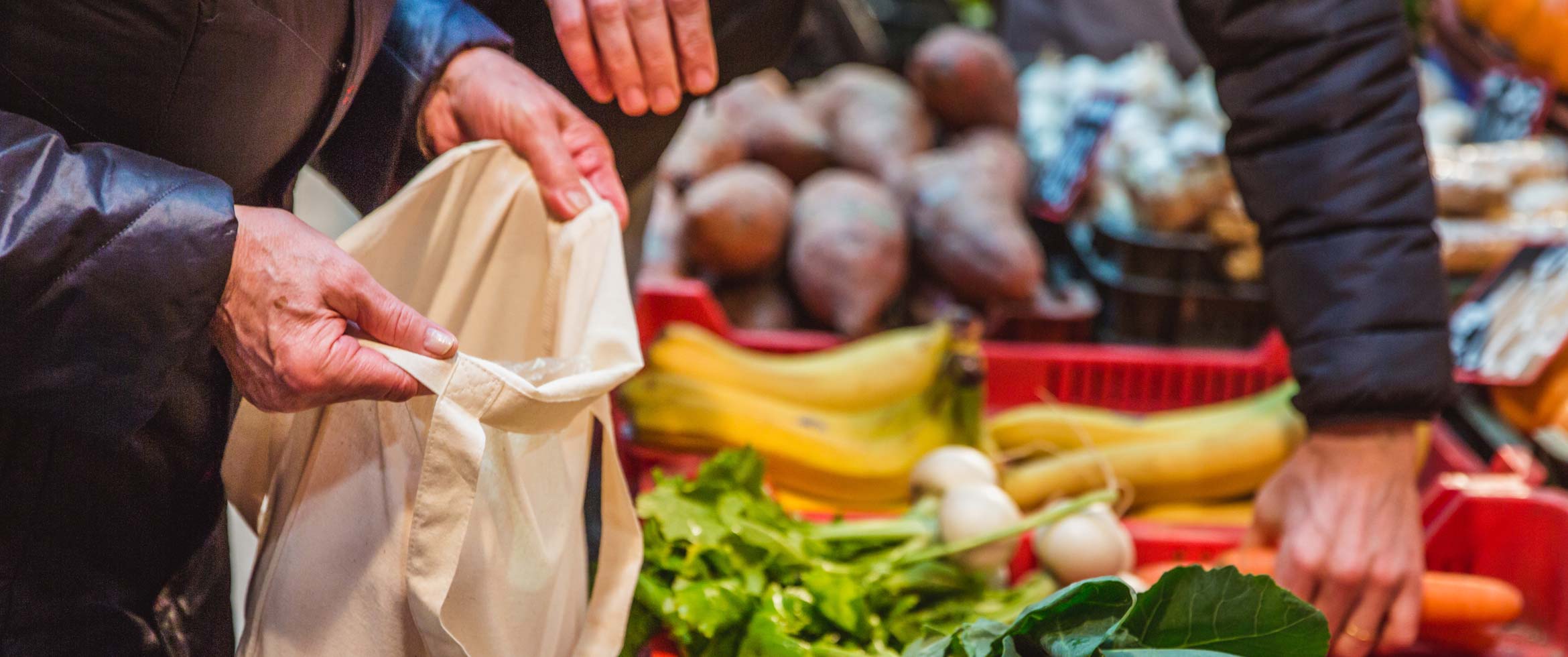Using a Colourful, Specially Designed Waste Receptacle to Reduce Litter in Downtown St. Louis, Missouri
Finnie, W. C. (1973). Field experiments in litter control. Environment and Behavior, 5, 2, 123-144.
The Use of Prompts in Increasing Recycling in Academic University Departments
Austin, J., Hatfield, D. B., Grindle, A. C., & Bailey, J. S. (1993). Increasing recycling in office environments: The effects of specific, informative cues. Journal of Applied Behavior Analysis, 26, 2, 247-253.
Encouraging People at Festivals to Reduce, Recycle, and Reuse Cups
Energy and Water Reduction: "Green" Hotels
Encouraging Environmentally Friendly Shopping using Prompts, Commitment and Norms
Washington State Promotes the Purchase of Recycled Content Products With Prompts in the "Get in the Loop, Buy Recycled" Program
King County commission for Marketing Recyclable Materials & Atwood, A. M. (1994). Consumer research survey: Knowledge, attitudes, and purchase of recycled-content products. King County Commission for Marketing Recyclable Materials.
The Effects of an Ambiguous, Negative Sign Prompt and a Clearly-Stated Positive Sign Prompt on Intentions to Litter
Horsley, A. D. (1988). The unintended effects of a posted sign on littering attitudes and stated intentions. Journal of Environmental Education, 19, 3, 10-14.
The Effects of an Ambiguous, Negative Sign Prompts and a Clearly-Stated Positive Sign Prompt on Intentions to Litter
Horsley, A. D. (1988). The unintended effects of a posted sign on littering attitudes and stated intentions. Journal of Environmental Education, 19, 3, 10-14.
Waste Wise Program
Using Information and Prompts to Increase Awareness of an Environmental Product Tagging Program in Grocery Stores
Linn, N., Vining, J., & Feeley, P. A. (1994). Toward a sustainable society: Waste minimization through environmentally conscious consuming. Journal of Applied Social Psychology, 24, 17, 1550-1572.



